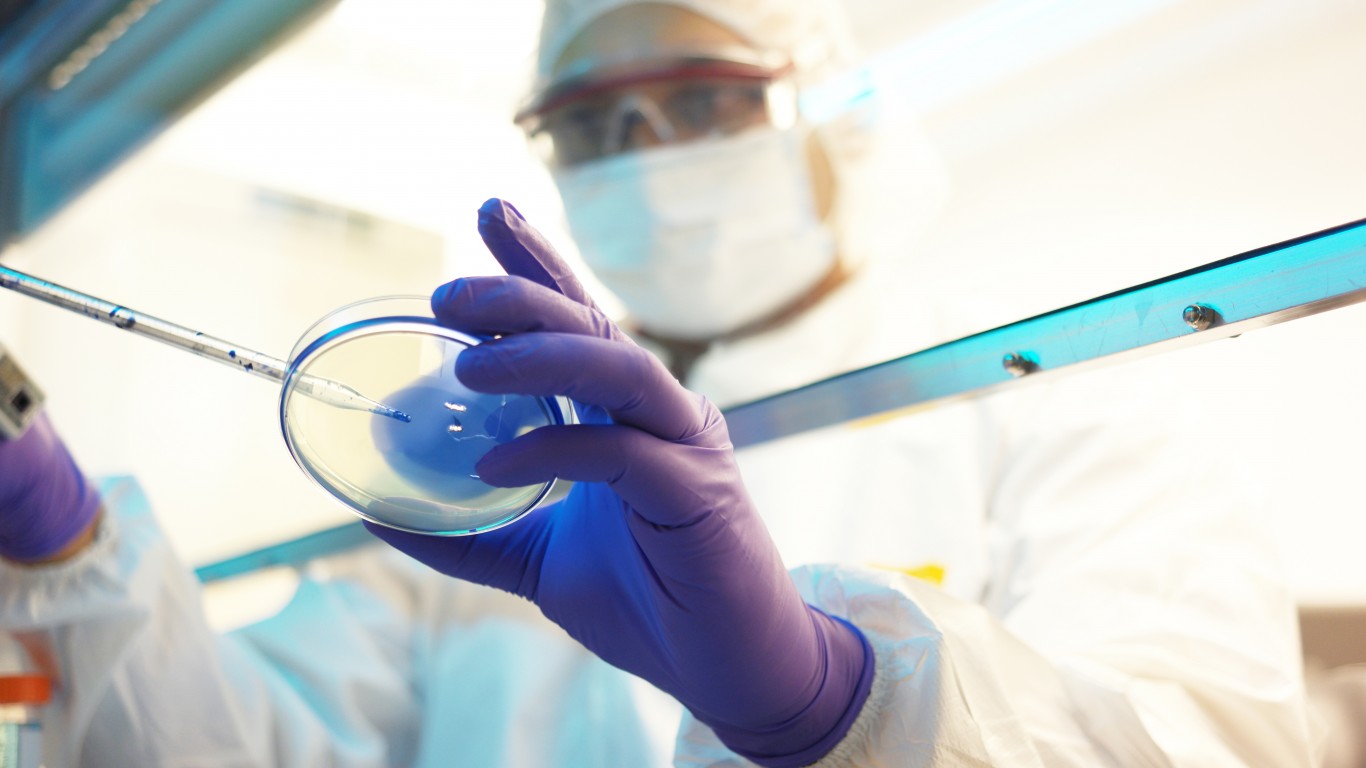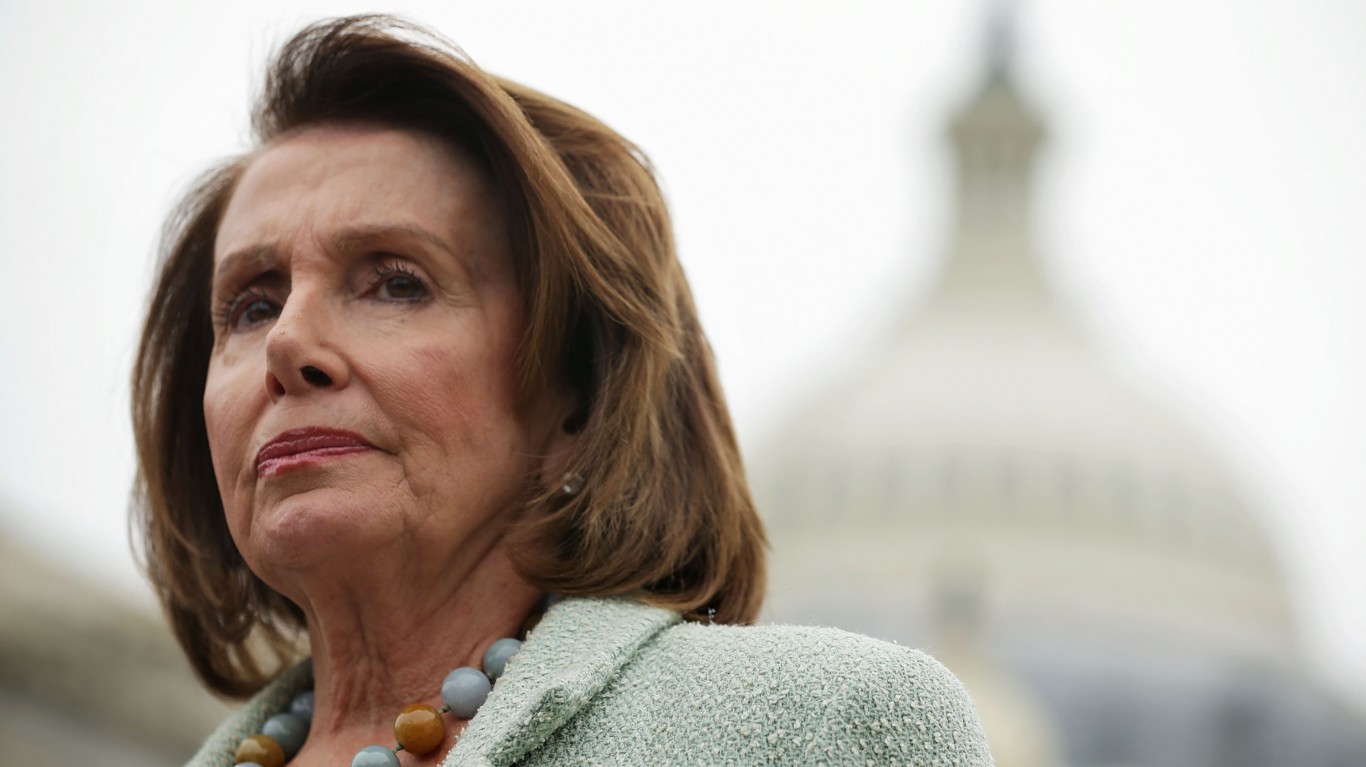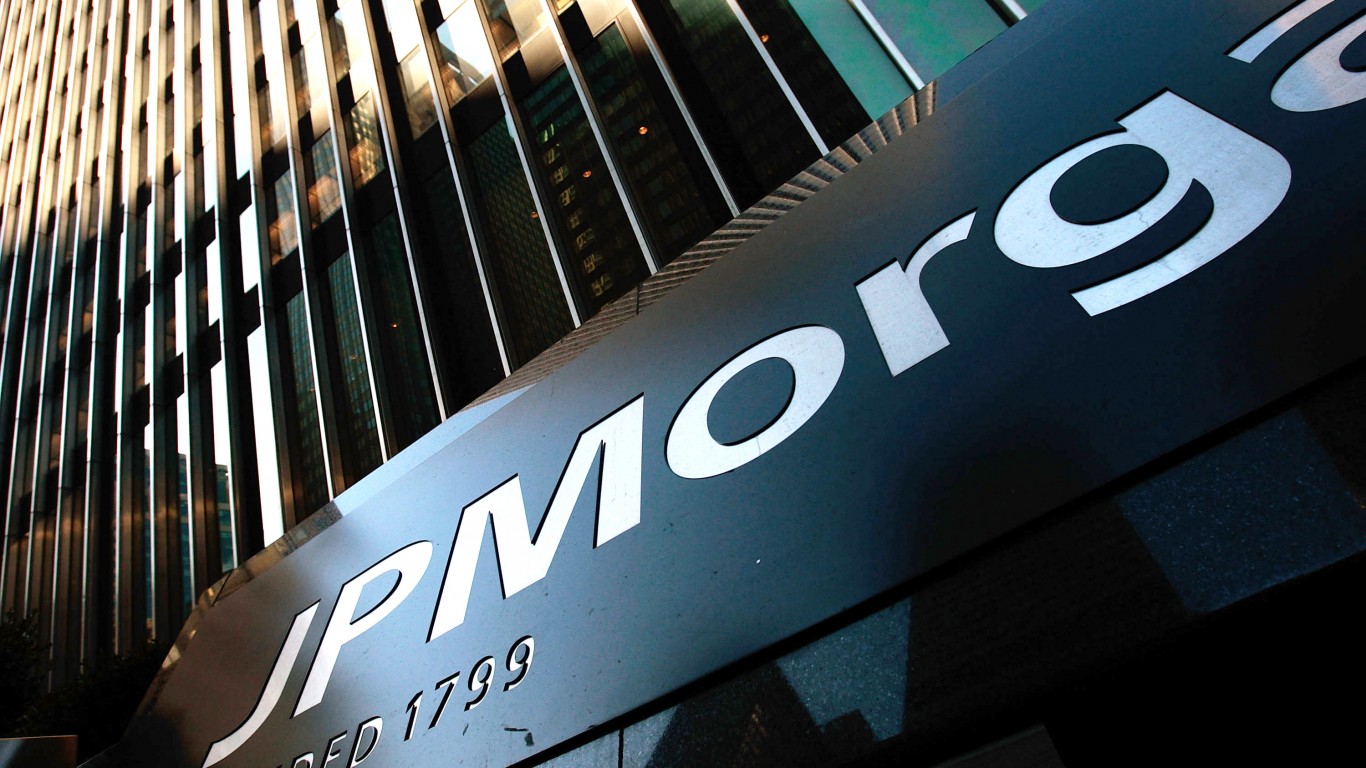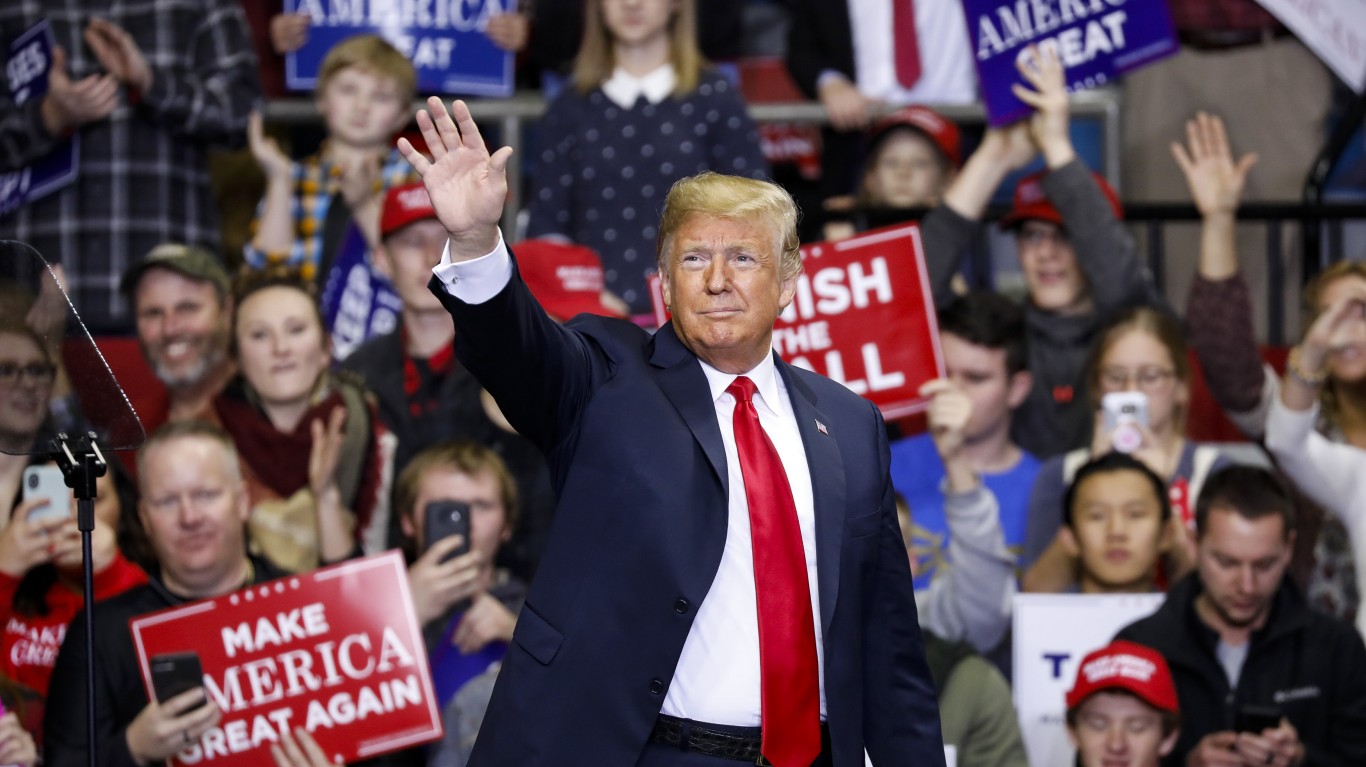
24/7 Wall St. Insights:
- AbbVie (ABBV) took a big hit after an adult schizophrenia drug missed its primary endpoint in mid-stage trials.
- Analysts are now questioning the pharma’s pipeline, raising doubts about how much ABBV stock can grow.
- Sit back and let dividends do the heavy lifting for a simple, steady path to serious wealth creation over time. Grab a free copy of “2 Legendary High-Yield Dividend Stocks“ now.
Pharmaceutical giant AbbVie (NYSE:ABBV) has suffered a meltdown over the past week, with shares losing 15% of their value. Despite reporting earnings that beat on the top and bottom line and also announcing a new dividend increase, the collapse came after announcing its adult schizophrenia treatment emraclidine failed to meet is primary endpoint in Phase 2 trials.
Although drugmakers often miss in clinical trials, it was a significant failure for AbbVie because it had spent $8.7 billion acquiring the schizophrenia drug when it bought Cerevel Therapeutics last year.
It also comes as AbbVie is looking for new blockbuster drugs to replace its rheumatoid arthritis treatment Humira, which lost patent protection last year and is seeing incursions on sales by biosimilars from rivals like Amgen (NASDAQ:AMGN).
A double setback

In September, things were made worse as Bristol-Myers Squibb (NYSE:BMY) received Food & Drug Administration approval of its own schizophrenia therapy. Emraclidine had been seen as a way to keep pace in the space. When AbbVie purchased Cerevel, it said the biotech “positions us to deliver sustainable long-term performance into the next decade and beyond.”
Had the schizophrenia drug successfully completed its clinical trials, that may have been the case as it was deemed a potential best-in-class, next-generation antipsychotic treatment. With over 24 million potential patients globally, it offered significant growth potential for the pharmaceutical stock.
Now that it missed its endpoint, analysts are calling into question the rest of AbbVie’s pipeline.
Analysts for Wells Fargo (NYSE:WFC), for example, says the blow presents potential $25 to $30 per share downside risk to the stock even as Bristol-Myers Squibb earns $5 to $6 per share upside potential. Investors are right to wonder whether ABBV stock can rebound and eventually double in value going forward.
A history of strong shareholder returns
Over the past decade, the pharma has been a monster stock for investors, especially those who bought it for its dividend. ABBV had a total return of 827% over that period, nearly twice that of the S&P 500 and well ahead of Bristol-Myers Squibb’s 140% return.
AbbVie has raised its dividend at a torrid 15% compound annual growth rate (CAGR) for the last 10 years, though over the past five years it has been at a smaller 9% CAGR. Its most recent dividend increase was just 5.8% to $1.64 per share. That’s a healthy raise, but well below its five- and 10-year average.
The reason why is likely due to Humira. That had been its cash cow, generating over $19 billion in annual sales at its peak. Last year the arthritis drug generated $14.4 billion while over the first three quarters of 2024 they stand at $7.3 billion.
Although AbbVie is considered a Dividend King, it really gained entry to the club through the back door. Spinoff stocks are allowed to claim their former parent’s dividend history as their own, so AbbVie got admitted based on Abbott Labs (NYSE:ABT) record after being spun off in 2013. Still, AbbVie’s own record of increases has been impressive, though as we see it is slowing.
Key takeaways

Pharmaceuticals live and die by their drug pipelines. Even when they have winning therapies on the market, their path to long-term growth is through their bench of treatments in trial. Up until emraclidine’s failure, AbbVie was seen as having a fairly deep, robust bench.
Buying their way to pipeline strength is a typical strategy for pharma giant’s — Bristol-Myers had bought Karuna Therapeutics for $14 billion to acquire its schizophrenia drug — but it’s clear these acquisitions can go sideways very fast.
Now, I believe Wall Street is freaking out a bit too much over AbbVie’s pipeline. The pharma has over 90 therapies under development, more than half of which are in mid- to late-stage trials. It spent $7.8 billion on research and development last year.
A single failure should not undermine its entire drug portfolio. AbbVie has launched numerous solid drugs from its pipeline, including Skyrizi, which produced sales of $7.9 billion year-to-date; Rinvoq, with $4.1 billion in sales; and several others with more than $2 billion in sales each.
The emraclidine failure is a big blow, but I wouldn’t count AbbVie out at all. While its stock still trades at a premium, a further weakening in its price should be viewed as a buying opportunity, even if ABBV stock takes a while to finally hit $400 a share.
The Average American Is Losing Momentum On Their Savings Every Day (Sponsor)
If you’re like many Americans and keep your money ‘safe’ in a checking or savings account, think again. The average yield on a savings account is a paltry .4%1 today. Checking accounts are even worse.
But there is good news. To win qualified customers, some accounts are paying more than 7x the national average. That’s an incredible way to keep your money safe and earn more at the same time. Our top pick for high yield savings accounts includes other benefits as well. You can earn a $200 bonus and up to 7X the national average with qualifying deposits. Terms apply. Member, FDIC.
Click here to see how much more you could be earning on your savings today. It takes just a few minutes to open an account to make your money work for you.
Thank you for reading! Have some feedback for us?
Contact the 24/7 Wall St. editorial team.





